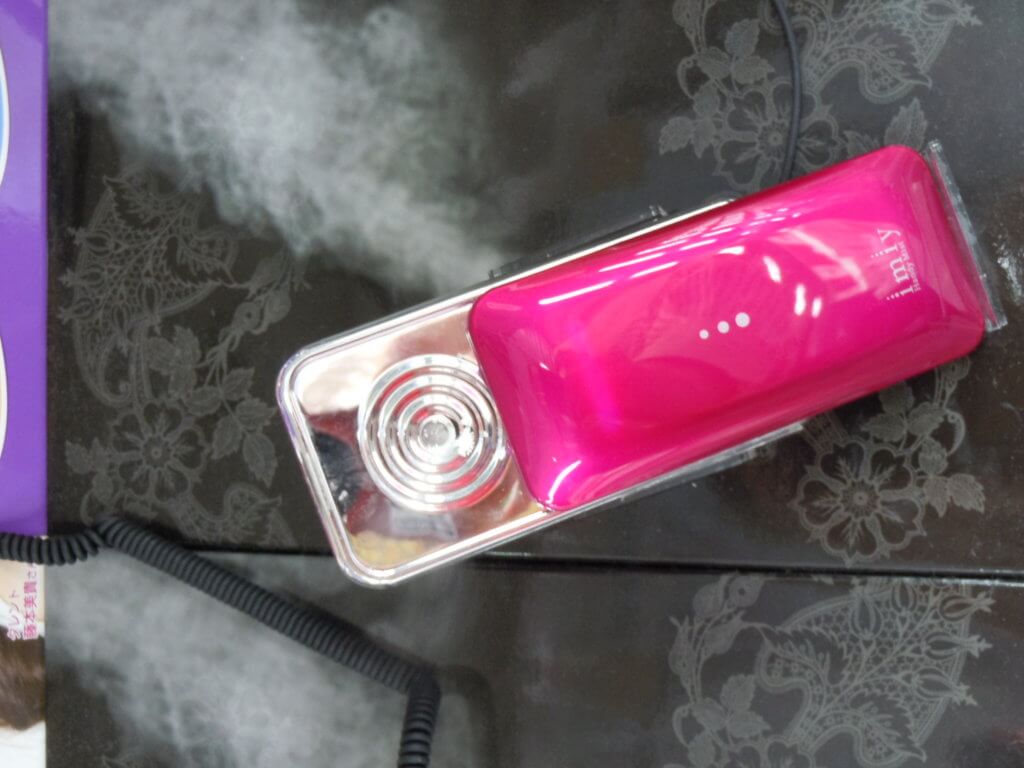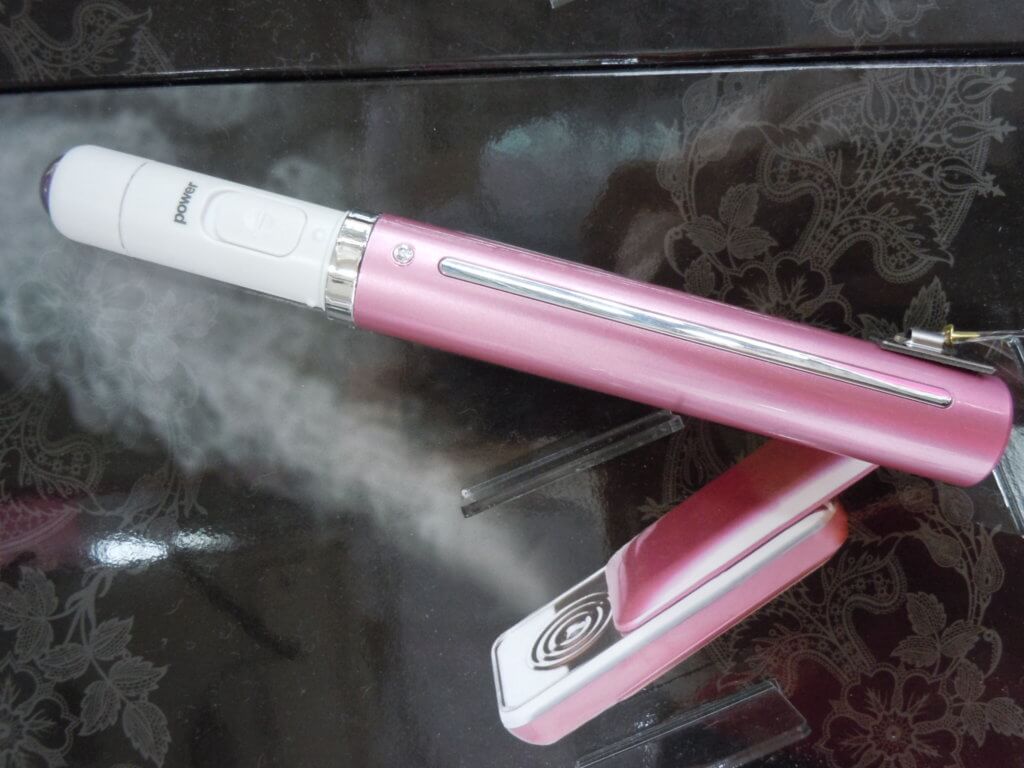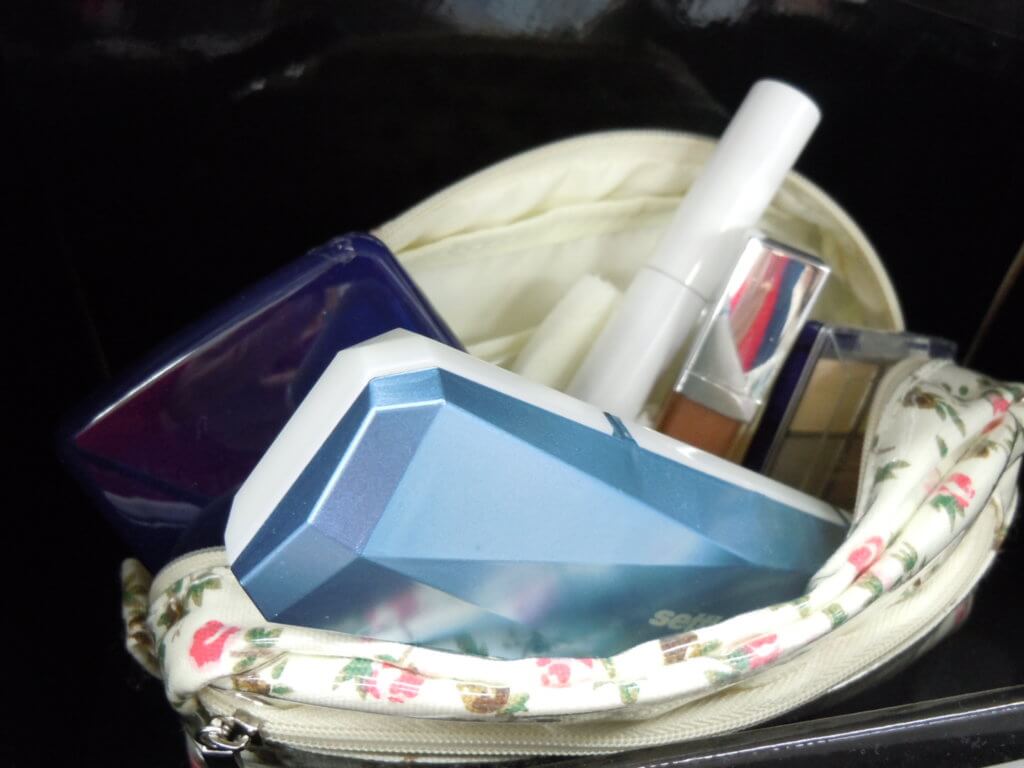Japan's Beauty Business
CONTENTS
Japanese Women Are Big Consumer of Beauty Goods
Japanese women are well-known to have perhaps the most excessive relationship with beauty items. According to different studies they are the world’s per capita largest spenders on beauty goods. They carry more items in their bags and purses than any other woman. Their routines are the most complex. It is always changing. The dynamism of the beauty world fuels a cycle of constant reinvention.
In one exercise we looked at the macro changes happening in Japanese women’s lives over the last 50 years in parallel with changing attitudes to beauty. What is not surprising is that beauty reflects the times. You can see that as women’s lives and social conditions changed so did the beauty styles and attitudes. Maybe it is no coincidence but around 2003 we started to see in magazines and websites a greater trend for women to be photographed more boldly staring, almost challenging the camera. This was a trend common in the West, but new in Japan. Perhaps no coincidence that around the middle of the last decade we saw that for the first time the majority of female new graduates were starting their first real jobs with an immediate female supervisor. A moment in the changing attitudes of women is reflecting, at least for younger women with more confidence in their future. That also matches the other trends that have led to the “carnivorous woman,” a trend of recent years. Women are less reliant on marriage, they are feeling that they can be more selective in what type of man they will settle down with.
The reaction to social events continues. We found that after the unfortunate events of 3/11 that women in Japan felt it was their civic duty to maintain their beauty routines and to literally put on “a bright face” using cosmetics to help “cheer the nation on.”
Being Beautiful Is Important: Why?
Having said that in general Japanese women are very clear that beauty is not about competing with each other, they do not see beauty as a means of attracting a partner as much as a means of fulfilling their inner self and being recognized by her friends in having achieved a look that they appreciate. When we ask why it is important, we constantly hear comments like:
“Being beautiful is important for myself, because it keeps me motivated.”
“Of course I am happy when men complement me but I don’t think they understand what points are good in reality. I am much happier when I hear a women commenting on my beauty.”
Of course globally there has been an explosion in consumer knowledge. In Japan the multitude of sources mean that women are simply not just well-educated, but they are constantly talking of “right-for-me” choice decisions that involve a constant movement between niche and mainstream brands to get a perfect balance. They use on-line sites like @cosme to get a constant monitor on peer reviews, price and competitor options. They are more likely to seek out specialist care. For example the choice between “right-for-me” hair salons and those of famous stylists is a matter of intense study. With a growing number of extreme specialized salons, perhaps known for having a trademark curl, or a single unique shade of hair color, the decision becomes one of digging into what might seem minute proportions.
Feeling beautiful Is More Important than looking beautiful

Of course when asked “Is it more important if you look beautiful or feel beautiful?” most women will say their own judgment of what feels right matters the most. However traditional sources of information also remain important. The 72% of women around the world say they know more about beauty than their mother. Of course this varies. In many markets mothers are still seen as one of the key sources of guidance. But this is far more likely to be the case in mature markets like the U.S.A. or Japan than developing countries like China where a generation experience is too wide to be valuable.
The whole beauty eco system is worth investing in. The 67% of women believe that being beautiful helps you get what you want in life. The 66% believe if you are beautiful it’s easier to be happy. Or as one 36-year-old Japanese woman told us “looking beautiful makes me want to seize the day!” The vast array of tools is as much a way of keeping “my look constantly updated and fresh throughout the day” as one 34-year-old told us. Today updating on the run is being helped by a vast array of electronic gadgets as the technology companies of Japan have decided to get more of a share of the beauty market. The launch of products like the Pocket Dolz purse size electric toothbrush or the imiy Mobile Beauty Stick facial treatment have been huge successes.
But for all this added work and study, the biggest trend in Japan and globally is beauty which looks effortless. In the Philippines it is known as “putting the effort into effortless,” in France it’s about looking “naturally perfect.” This trend really kicked off from Japan in recent years with the “suppin” look, a desire to use cosmetics and personal care products in order to achieve what you might call a look of heightened naturalness.
Checking Their Favorite Artist Not What They Promote

Naturally McCann Worldgroup’s “Truth About Beauty” study looked at the role that celebrities play in beauty promotion and we found that women are very realistic about how celebrities are used in advertising. Globally only 44% believe that a celebrity actually uses the products they promote. In a market like Japan that number is much lower as women long ago realized that celebrities are used to highlight characteristics they may share with the brand rather than carry a promise of actual use. Of course using the celebrity in the right way is what matters. Preferably they want to see a genuine connection between the brand and celebrity. As one 20- year-old Japanese woman told us “I check my favorite artist Yuna Ito’s blog and she talks about the skincare products she is using and I want to use it.”
The real truth about beauty is that the Japanese women represent the cutting edge of the global experience: highly educated, searching for their own style, wanting to highlight their own best features.




-300x200.jpg)
